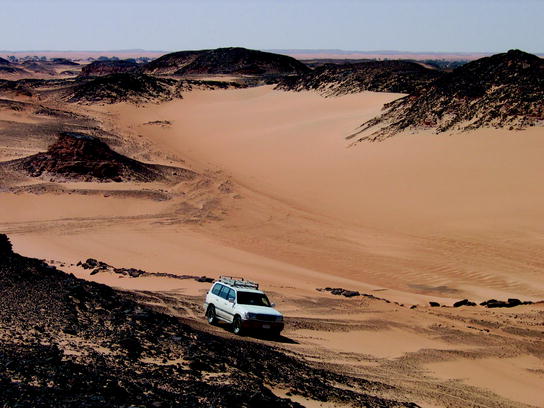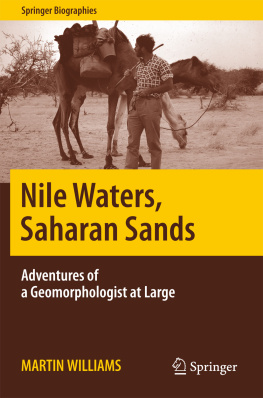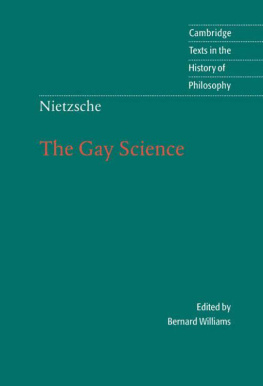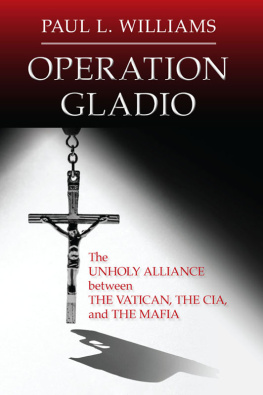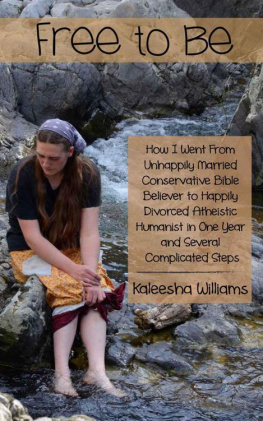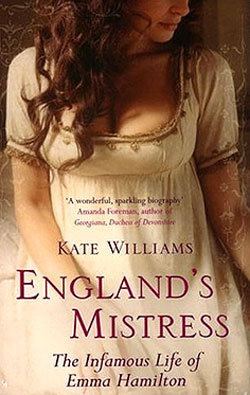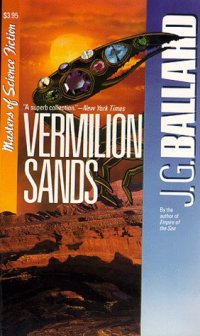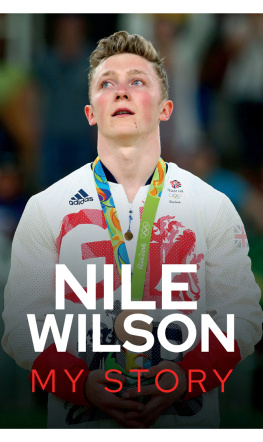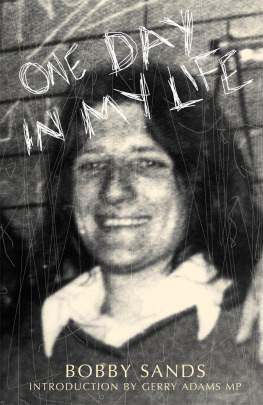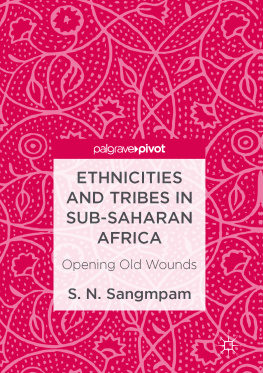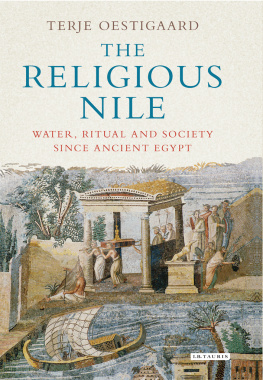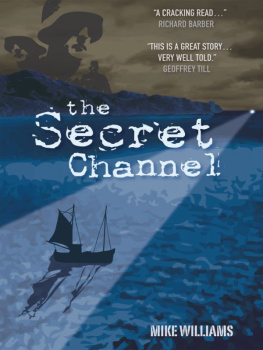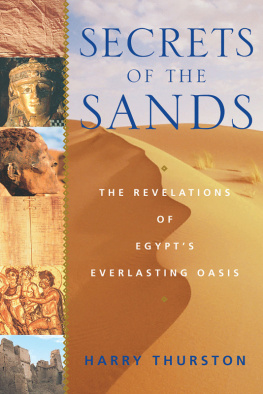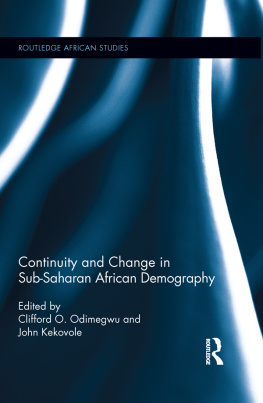1. Early Days
August 4, 1914. My Irish grandfather Joseph Toye (whom I will henceforth call Joe) was having his whiskers trimmed by the English barber (married to the local Welsh post-mistress) in a little coal-mining town in South Wales. Joe was the local police sergeant and before joining the police he had served ten years in the Royal Marines. The radio was on and Joe heard the British Prime Minister Herbert Asquith announce that as a result of the German occupation of Belgium and their failure to withdraw, Britain was now at war with Germany. At that moment the barber leaned over and, knowing that Joe was Irish, assumed he was anti-British and pro-German, and whispered in his ear: Now is Irelands chance!
He had misjudged his man. Joe said nothing but on crossing the street and entering his home said to Ellen, his Irish wife and my grandmother: The mans a bloody traitor, and Im going to arrest him! There were two snags to achieving this plan. First, my mother who was nearly three at the time, immediately rushed across the street and piped up with childish glee to one of his little girls, thinking it was some sort of game: My daddys coming to arrest your daddy! Second, in order to arrest someone on suspicion, Joe had to send a telegram to his superior officers in London, which meant going through the post-office run by the barbers wife. The barber was in fact a German spy. He panicked and caught the first available train to Cardiff, as Joe had anticipated. Joe arrested him on the train. The man was a sleeper named Otto Krger, in charge of the secret German sabotage network set up years earlier with the aim of incapacitating the coal-mines, tin-plate factories and dockyards of Wales once war began. Krger had fled with his coded notebooks, enabling the British intelligence service to wind up the entire network within the first few days of the war.
The surname Toye is not an Irish name, as Joe discovered to his intense chagrin one day researching his family tree. It was the surname of an East Anglian yeoman who had deserted from Oliver Cromwells army during the latters genocidal campaign in Ireland in 164950. He had fled to the mountains of northwest Ireland, married a local girl and become more Irish than the Irish to use my mothers phrase.
My mother Ethna was born in Barry, a seaside town in South Wales. Joe insisted that she learn Welsh so that you know what the beggars are saying! Her Welsh teacher, the exuberant Gladdie, was one of my fathers seven sisters. Dads family lived in Cardiff and were very poor. His mother, Mabel ne Geach, had been a brilliant mathematician and scholar of Girton College, Cambridge, and in her final exams was placed first equal with the Senior Wrangler in mathematics at Cambridge, in the days when they did not award degrees to women. She later married a quiet and very devout Welsh Methodist railway clerk, Norman Williams, and the seven girls and two boys (another boy died young) were brought up to be highly self-reliant and all received a good education under Mabels watchful eye. Dad became a very fine athlete and played rugby for Penarth when sixteen (and six foot) when the Penarth team had eight international caps playing for them. When Norman Williams learned that his youngest son Evan Rhodri was becoming keen on an Irish Catholic girl at Cardiff University, he tried to warn him off this most undesirable relationship: Shes Irish, you know, and whats worse, shes a Catholic! Not to be intimidated, dad promptly invited my mother home, where Norman overhead her talking in Welsh to Gladdie. Oh! So its Welsh youre speaking, is it? Come on then, lets hear you! My mother rose to the challenge, recited one of the Old Testament psalms in Welsh, then a Welsh poem, and even offered to sing a hymn in Welsh. (It was just as well she didnt, since she hadnt a note in her head.) From then on she could do no wrong, having won over Norman entirely.
Mum and dad became engaged some years later, when they both had secure jobs, she teaching and he working as a railway traffic apprentice. During her final Honours year studying French and German, mums Professor suggested she spend a year at the university in Berlin, to perfect her spoken German. The year was 1932, so she went over as governess to Hilda, the headstrong daughter of Herr and Frau Meissner. During her first day at the university, mum, still unable to read the signs in Gothic scrip ( deutsche Schrift ) on the doors of the lecture rooms, blundered into a physics lecture where a wild looking man was scribbling equations on the board. At the end of the lecture, my mother, as the only woman present, was pushed to the front and dragooned into giving the vote of thanks, having not understood a word of the presentation. But who is he? she asked. Das ist Herr Doktor Einstein! Mum once again rose bravely to the occasion. In her best German she thanked Einstein very warmly, adding: Jetzt ist mir alles klar ! (Now everything is crystal clear). Her expression later became a family saying whenever we found something to be utterly obscure.
In 1932, Otto Meissner had been very contemptuous of Hitler, at least at the dinner table. But he and many other well-educated Germans had seriously under-estimated Hitler, who came to power in January 1933. Many politicians fell under his spell or saw which way the wind was blowing. By December 1937 Meissner had become Minister of State in the German Cabinet. Mum returned once more to Berlin in 1938 at the request of the Meissners and stayed in their palatial home. At night SS troopers with fixed bayonets mounted guard outside her bedroom door. Realising finally that she was virtually under house arrest, she managed to post a card in Welsh to my father, to whom she was engaged. He was cycling through Europe on a camping trip and was then in Switzerland. Here he received her SOS, caught the train to Berlin, where Meissner lent him a dinner jacket, and over dinner that night dad told bare-faced lies about the highly advanced state of Britains military preparations for any eventual war. Next morning he and his fiance, my future mother, left Germany. Unlike mum, who was politically nave, dad as a well-informed territorial officer and professional railwayman, was convinced that war with Germany was imminent.
September 1, 1939. Following the German invasion of Poland, Britain and France jointly declared war on Germany. My elder brother Tim was born next day. Dad joined the Royal Engineers and was still present at Dunkirk several days after Winston Churchill had announced that the last British soldier had been evacuated. He hitched a lift back to Falmouth in Cornwall on a Grimsby trawler that appeared out of the early morning mist seeking any last survivors. He was ordered to report to the War Office in London. Dazed by many days with very little sleep he asked a London bobby for guidance: Which side [of the River Thames] is the War Office on? Ours, I hope, but I sometimes wonder! was the reply.
Once the German bombing began in earnest, mum led a nomadic existence, from Hertfordshire, where I was born on 19 May 1941, to Barry and finally to Portstewart on the coast of County Londonderry (Derry) in Northern Ireland (Fig. ), where my younger brother Aidan was born. I spent all my spare time with the gnarled old fishermen, walking hunched up, spitting from time to time, looking up at the sky, and muttering wisely Tis so, indeed, tis so! Meanwhile, dad was given the task of arranging the potential invasion of Eire. In the event, an unnecessary task, since his Irish opposite numbers indicated that they much preferred to remain neutral and would certainly not welcome any German invasion. He then served in North Africa, and took part in the invasion of Sicily. When he finally returned to Portstewart he narrowly escaped injury. My younger brother Aidan, ever protective of his mother, hurled half a house-brick at the man in army uniform with his arm around his mother. Good God! What was that? Ah, yes! Come and meet your youngest son!
